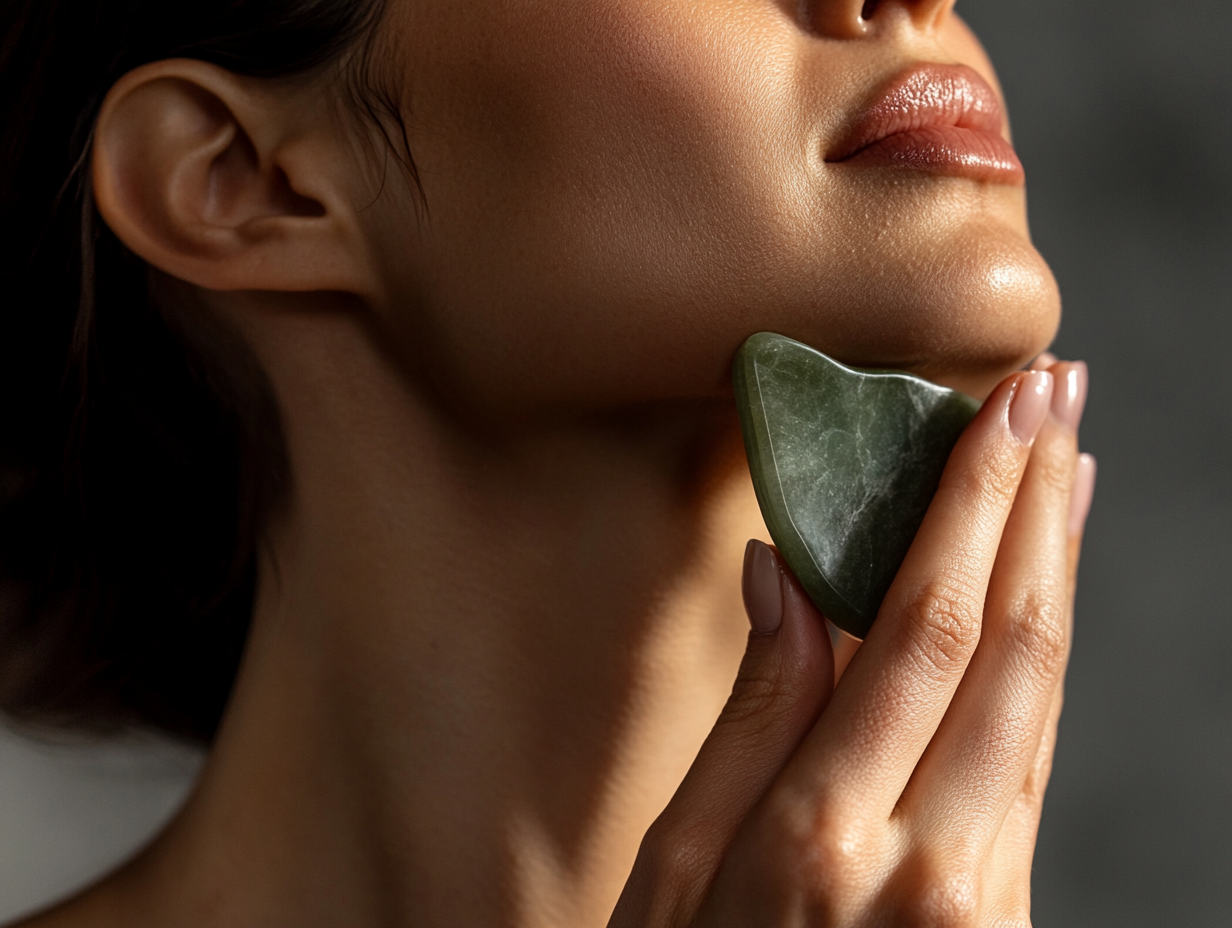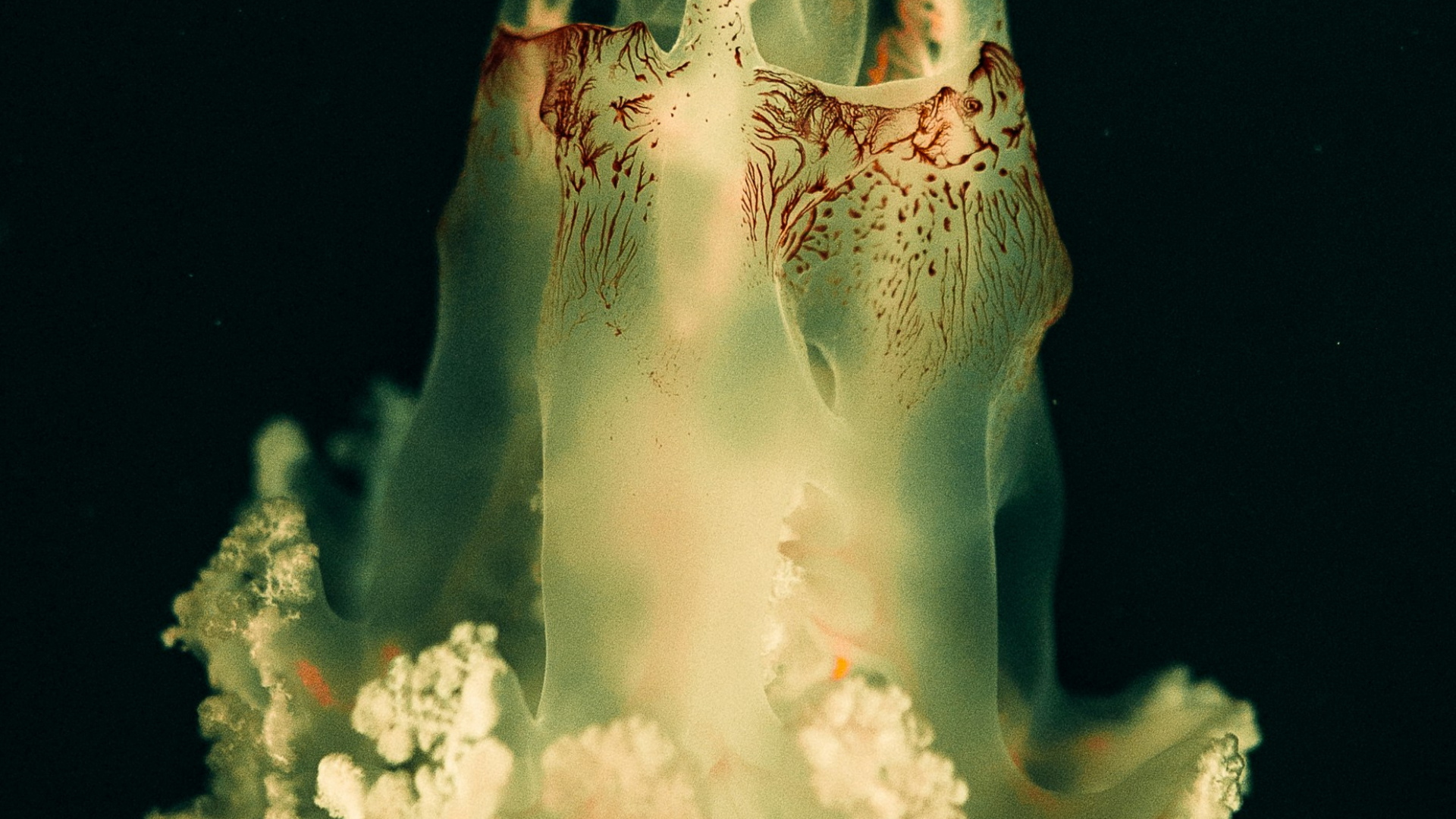If you’re pregnant, you may have noticed some changes in your skin. Maybe it’s more oily, dry, sensitive, or prone to breakouts all of a sudden. Maybe you’re wondering how to take care of your skin without harming your baby. Maybe you’re looking for a natural and effective way to cleanse your skin that doesn’t involve harsh chemicals, artificial fragrances, or alcohol.
If that sounds like you, then you may want to try oil cleansing. Oil cleansing is a simple and gentle method of deep cleansing your skin with oil. It may sound counterintuitive, but oil cleansing can help balance your oil production, dissolve impurities, moisturize your skin, and soothe inflammation. It can also help prevent and treat common pregnancy skin issues, such as acne and dryness.
In this article, we’ll cover everything you need to know about oil cleansing, including what it is, how it works, and why it’s the pregnancy-safe cleansing method you need to try. We’ll also answer some frequently asked questions about oil cleansing and provide a few tips and tricks to optimize your results. By the end of this article, you’ll have a clear understanding of how oil cleansing can truly transform your skin during pregnancy and beyond.
What is Oil Cleansing and How Does It Work?Oil cleansing is based on the principle that like dissolves like. That means that the right cleansing oils dissolve excess sebum that can build up in your pores, as well as other pore-cloggers such as dirt, makeup, pollution, and bacteria. Oil cleansing consists of gently massaging cleansing oil to your face, then removing it with a damp washcloth. This process helps to loosen, lift, and pull impurities from your skin without stripping it of its natural moisture or negatively impacting your skin barrier.
Best news is oil cleansing is suitable and effective for every skin type. That said, different oils have different properties and benefits for the skin, such as anti-inflammatory, antibacterial, antioxidant, or moisturizing. So choosing the right oils for your specific needs is a great idea. Here are some examples of natural oils, commonly used for oil cleansing, that boast different benefits:
-
Grapeseed oil:
This oil is derived from the seeds of grapes and has a light and silky texture. Grapeseed oil is high in linoleic acid, which can help balance your oil production and prevent acne. It’s also anti-inflammatory and astringent, which can help tighten your pores and reduce puffiness. Grapeseed oil also helps brighten your skin by fading dark spots and scars. Grapeseed oil is suitable for all skin types, especially oily and combination skin. -
Squalane:
This high-quality and luxurious oil is sustainably derived from the fermentation of 100% renewable sugarcane. Squalane has a light and non-greasy texture that absorbs quickly into the skin and is excellent for hydrating and softening, as it helps to support the natural outer barrier of the skin. It also has anti-inflammatory and antioxidant properties, which can help calm redness and inflammation, as well as protect the skin from free radical damage and aging. Squalane is suitable for all skin types, especially dry and irritated skin. -
Castor oil:
This oil is extracted from the seeds of the castor plant and has a thick and sticky consistency. Castor oil is rich in ricinoleic acid, which can help moisturize your skin and prevent water loss. It also has antibacterial and anti-inflammatory properties, which can help fight acne and soothe irritated skin. Castor oil can also help smooth your skin and reduce the appearance of wrinkles and fine lines and is suitable for dry, sensitive, and mature skin types. -
Sacha inchi oil:
This exotic oil comes from the seeds of the sacha inchi plant, a native of the Amazon rainforest. It has a nutty scent and a smooth feel on your skin. Sacha inchi oil is a powerhouse of omega-3 and omega-6 fatty acids, which hydrate and nourish your skin deeply. It also has anti-inflammatory and antioxidant properties, which calm and protect your skin from environmental stressors. Sacha inchi oil can enhance your skin elasticity, reduce redness, and smooth out fine lines and wrinkles. It is a gentle and versatile oil that works well for all skin types, especially dry and sensitive skin.
You can also look for cleansers that contain safe amounts of essential oils for extra benefits and aroma, such as lavender, peppermint, or lemongrass.
Why is Oil Cleansing a Pregnancy Safe Face Wash Method?
You may be wondering why you should switch to oil cleansing during pregnancy, especially if you’re used to using conventional face washes that foam, lather, or suds. The truth is, foaming and sudsing cleansers strip your skin, which can exacerbate certain skin concerns such as acne and dryness. Additionally, some of these face washes can be harmful to you and your baby, as they may contain ingredients that can penetrate your skin and enter your bloodstream. Some of the worst red-flag ingredients to avoid are:
- Parabens: These are preservatives that prevent the growth of bacteria and fungi in cosmetic products. However, they can also disrupt your hormonal balance and increase the risk of breast cancer and reproductive problems.
- Sulfates: These are detergents that create the foaming effect in many face washes. However, they can also strip your skin of its natural oils and moisture, causing dryness, irritation, and inflammation.
- Phthalates: These are plasticizers that make cosmetic products more flexible and durable. However, they can also interfere with your endocrine system and affect your fertility and fetal development.
- Fragrance: This is a term that can include hundreds of different chemicals that give cosmetic products a pleasant smell. However, they can also trigger allergies, asthma, headaches, and nausea. Some fragrance ingredients can also be hormone disruptors or carcinogens.
Oil cleansing is a safe and gentle alternative for pregnant women, as it uses natural oils that are non-comedogenic (meaning they won’t clog your pores), won’t strip your skin or disrupt your skin’s pH balance, and do not contain any harmful ingredients. Oil cleansing can also help improve your skin during pregnancy by:
-
Balancing your oil production:
Pregnancy hormones can cause your sebaceous glands to produce more oil than usual, leading to more oily and acne-prone skin. Oil cleansing can help regulate your skin’s natural oil production by dissolving the excess sebum and preventing clogged pores. -
Dissolving impurities:
Pregnancy hormones can also increase the blood flow to your skin, making it more sensitive and reactive to external factors, such as dirt, makeup, pollution, and bacteria. Oil cleansing helps remove these impurities from your skin without irritating it or causing inflammation. -
Moisturizing your skin:
Pregnancy hormones can also affect the moisture level of your skin, making it more dehydrated. Oil cleansing will help hydrate your skin by providing it with essential fatty acids and antioxidants to help lock in water while nourishing and protecting your skin. -
Soothe inflammation:
Pregnancy hormones can also cause your skin to become more prone to inflammation, redness, and itching. Oil cleansing can help soothe your skin by helping to calm inflammation.
How to Do Oil Cleansing Properly: A Step-by-Step Guide
Now that you know what oil cleansing is and why it is the ideal cleansing method for pregnancy, you may be wondering how to do it properly. Oil cleansing is not complicated or time-consuming, but it does require some attention and care. Here are the steps you need to follow to do oil cleansing correctly:
- Choose the right oil cleanser for your skin type and preference. For example, if you have oily skin or large pores, a detoxifying oil cleanser like Halo is a great choice. If you have dry skin or are looking for a non-toxic makeup remover, a two-in-one cleanser like Prism would be a fabulous option. When purchasing an oil cleanser, make sure the ingredients are pure (no weird additives or fillers), non-comedogenic (no heavy oils like coconut or olive oil), and free from preservatives.
- Apply the oil cleanser to your face, your skin can be wet or dry, then gently massage it in. Be sure to spend a bit of extra time focusing on the areas where you have more impurities, such as your nose, chin, and forehead. This will help loosen and lift the dirt, oil, makeup, and bacteria from your pores and stimulate blood circulation.
- Gently wipe off the oil cleanser with a wet cotton washcloth (cotton is ideal for pulling oil). Use gentle and circular motions to wipe off the oil cleanser from your face with the cloth. Be careful not to rub or tug your skin too hard, as this can cause irritation or damage. Repeat this process until your face is clean and free of oil residue.
- Follow up with other skincare products as needed, such as an acne-fighting serum like Gloss or a moisturizing face oil like Dew in the morning, and a collagen-boosting retinol alternative like Fountain or a ceramide-boosting face oil like Revival. If you do use other products, make sure they are natural and pregnancy-safe as well.
That’s it! You have successfully practiced oil cleansing and given your skin a treat. You can cleanse once or twice a day, depending on your skin's needs and preferences. You should notice some immediate results, such as softer, smoother, and more radiant skin, and as well as long-term benefits, such as clearer, healthier, and younger-looking skin within a few weeks or months.
Frequently Asked Questions About Oil Cleansing
After all this juicy info you may still have some questions or doubts about oil cleansing, especially if you’re new to this method or have some specific skin concerns during pregnancy. So without further ado, here are some of the most frequently asked questions about oil cleansing and their answers:
-
How often should I do oil cleansing?
There is no definitive answer to this question, as it depends on your skin type and concerns. Some people prefer to cleanse once a day, usually in the evening to remove makeup and impurities from the day. Some people do it twice a day, in the morning and in the evening, to keep their skin clean, clear, and balanced. The best way to find out how often you should do oil cleansing is to experiment and see what works best for you. -
Can I use oil cleansing to remove makeup?
Yes, you can use a deep cleaning oil cleanser, like Prism, which is also safe to use on your eyes, to remove makeup, even waterproof makeup. -
Will oil cleansing make my skin more oily or cause breakouts?
No, oil cleansing will not make your skin more oily or cause breakouts if you do it properly and use the right cleansing oils for your skin type. Certain oil cleansers, like Halo, can help balance your oil production and prevent clogged pores and acne by removing excess sebum and impurities from your skin. -
How long does it take to see the benefits of oil cleansing?
You should notice softer, more supple skin immediately, however, the long answer to this question is that it varies from person to person, depending on their skin type and condition. Some people may see benefits such as clearer, healthier, and younger-looking skin after oil cleansing in a few weeks or months. In some cases, people may experience a transition period where their skin may purge some impurities and cause some minor breakouts. This is normal and temporary, and it means that your skin is adjusting to the new method and getting rid of the toxins. The transition period usually lasts for a few days or weeks, depending on your skin condition. -
Can I use any oil for oil cleansing?
No, it’s not recommended to use any oil for oil cleansing, as some oils may not be suitable for your skin type or condition. Some oils may be too heavy, greasy, or comedogenic for your skin, meaning they can clog your pores and cause breakouts. Some oils may also be refined, bleached, or deodorized, meaning they have been processed with chemicals that can harm your skin or your baby. You should always use high-quality oils that are organic, cold-pressed, unrefined, and hexane-free like those found in Halo and Prism.
Conclusion
Oil cleansing is a safe, simple, and effective way of cleansing your skin, while you're pregnant and ongoing. It can help balance your oil production, dissolve impurities, moisturize your skin, and soothe inflammation.
If you want to try oil cleansing as a pregnancy-safe cleansing method, all you need to do is choose the right oil cleanser for your skin type and preference, apply it to your face, gently massage it in, then use a wet washcloth to remove the oil. Follow up with other skincare products, like Gloss for acne or Revival for dry skin, if you like.
We hope you found this article helpful and informative. If you have any questions or feedback about oil cleansing or pregnancy-safe skincare in general, please let us know in the comments below. We’d love to hear from you. And if you’re interested in learning more about natural and pregnancy-safe skincare products, please check out our website for more articles and recommendations.




